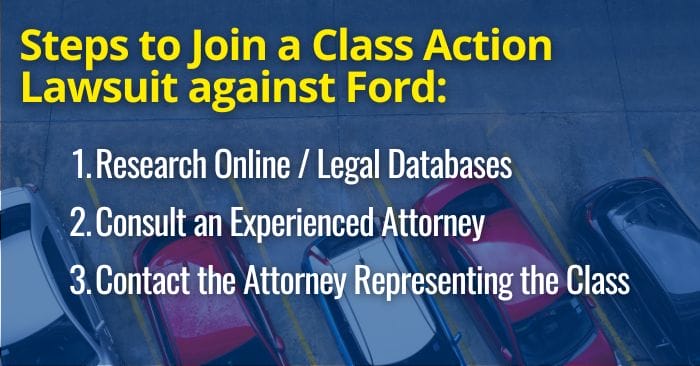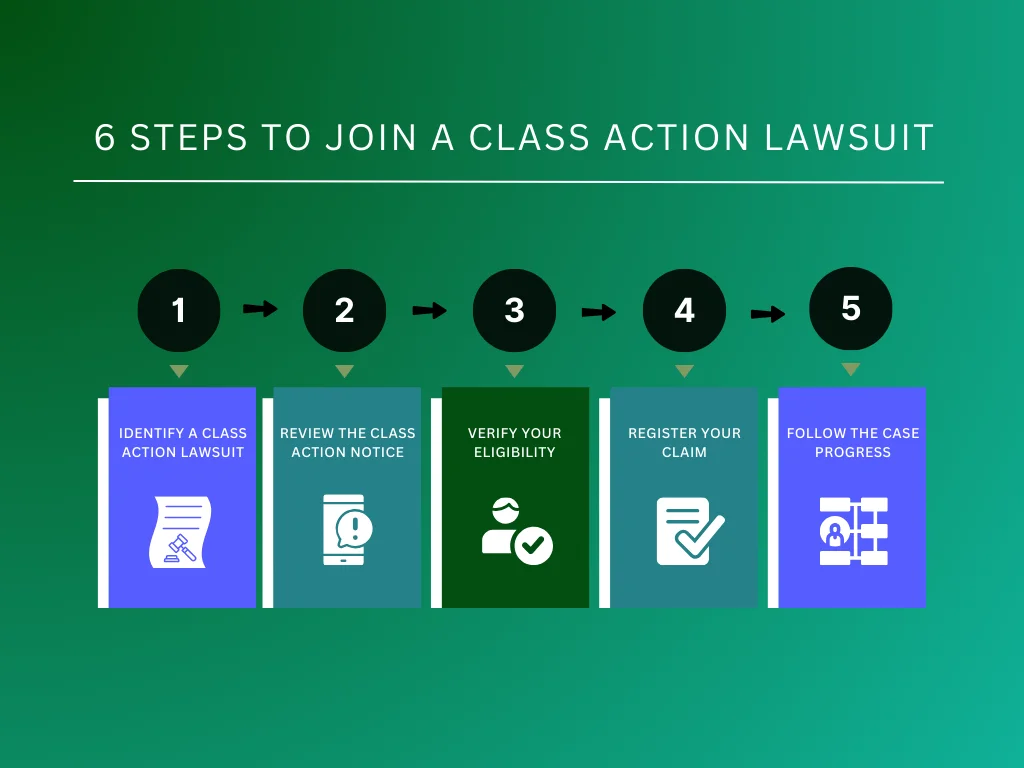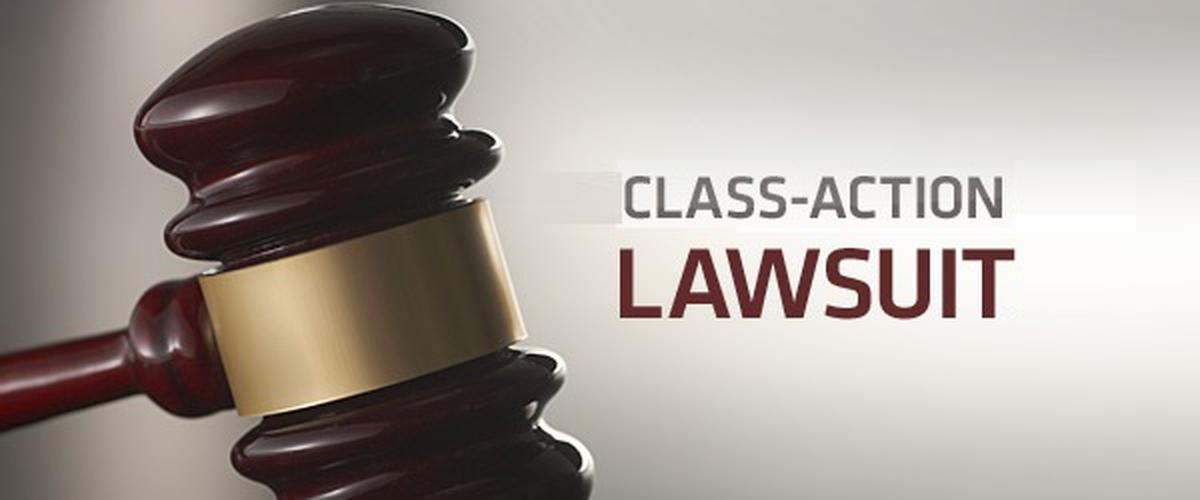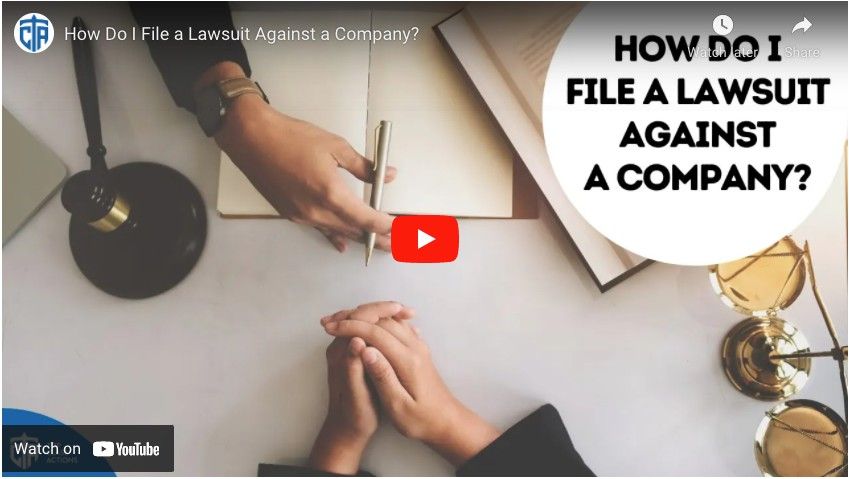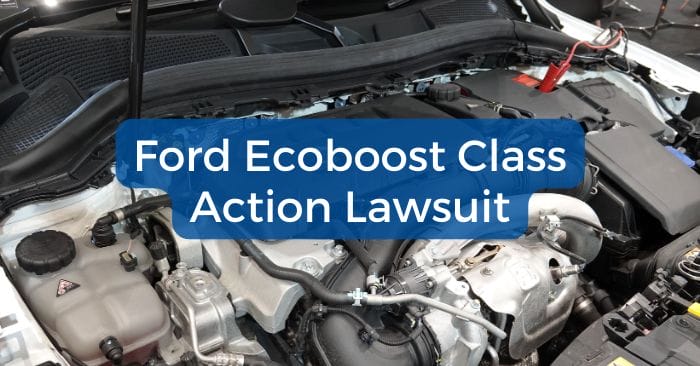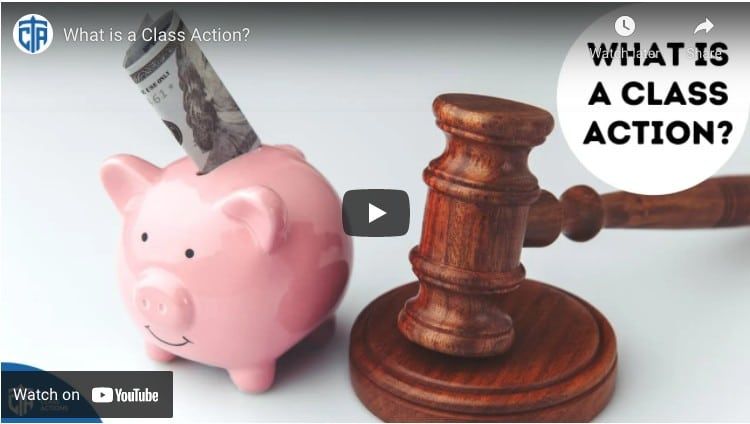How Do I Join A Class Action Lawsuit Against Ford

For many Ford owners, the dream of driving a reliable, American-made vehicle has turned into a nightmare. Reports of persistent defects, ranging from transmission failures to paint problems, are mounting. This leaves consumers feeling frustrated and seeking legal recourse.
If you're among those experiencing issues with your Ford and suspect it's a widespread problem, you might be wondering how to join a class action lawsuit. This article will guide you through the process, explain the key considerations, and provide resources to help you navigate this complex legal landscape.
Understanding Class Action Lawsuits
A class action lawsuit is a legal proceeding where a group of people with similar grievances sue a defendant, often a corporation, as a collective. This allows individuals with relatively small damages to pool their resources and pursue legal action that would be impractical on their own.
The lawsuit is typically led by a few individuals, known as the "named plaintiffs," who represent the interests of the entire "class" of affected individuals. If the lawsuit is successful, the settlement or judgment is distributed among the class members.
Identifying Existing Class Action Lawsuits Against Ford
The first step is to determine if a class action lawsuit already exists that addresses your specific issue with your Ford vehicle. A simple online search using terms like "Ford class action lawsuit" followed by the specific problem you are experiencing (e.g., "transmission failure," "paint peeling," "EcoBoost engine problems") can be a good starting point.
Several websites specialize in tracking class action lawsuits, such as ClassAction.org, Top Class Actions, and Consumer Reports. These websites often provide detailed information about ongoing cases, including the specific vehicles involved, the nature of the alleged defect, and contact information for the attorneys involved.
Checking Court Records
You can also check court records in federal and state courts to see if a class action lawsuit has been filed. The Public Access to Court Electronic Records (PACER) system allows you to access court documents online for a fee. However, navigating PACER can be complex, so it's advisable to seek assistance if you're unfamiliar with the system.
How to Join an Existing Class Action Lawsuit
Typically, joining an existing class action lawsuit is a relatively straightforward process. Once a class action lawsuit is certified by the court, meaning the court has determined that it meets the requirements for a class action, a notice is usually sent to potential class members.
This notice will explain the lawsuit, the alleged defects, and the process for joining the class. It will also outline your rights as a class member, including the right to opt out of the lawsuit. Opting out means you choose not to participate in the class action and retain the right to file your own individual lawsuit against Ford.
The notice will typically include instructions on how to submit a claim form or register as a class member. This may involve providing information about your vehicle, the problem you experienced, and proof of ownership, such as a vehicle registration or sales contract.
Consulting with an Attorney
Even if you find an existing class action lawsuit that seems relevant, it's always a good idea to consult with an attorney specializing in class action litigation. They can review the details of the lawsuit, assess your eligibility, and advise you on the best course of action.
Starting a New Class Action Lawsuit
If you can't find an existing class action lawsuit that addresses your specific issue, you may consider initiating a new one. However, this is a complex and expensive undertaking.
To start a class action lawsuit, you'll need to find an attorney willing to take on the case. The attorney will investigate your claim, gather evidence, and determine if there are enough other individuals with similar issues to justify a class action lawsuit.
The attorney will then file a complaint with the court, outlining the alleged defects and the damages suffered by the proposed class. The court will then decide whether to certify the class action, meaning it will determine if the lawsuit meets the legal requirements to proceed as a class action.
Key Considerations Before Joining or Initiating a Class Action
Before joining or initiating a class action lawsuit, there are several important factors to consider. First, understand that class action lawsuits can take a long time to resolve. It may be years before you receive any compensation.
Second, the compensation you receive may be relatively small compared to the damages you have suffered. Class action settlements often involve dividing a fixed sum of money among a large number of class members.
Third, be aware of the legal fees involved. While the attorneys representing the class typically work on a contingency fee basis, meaning they only get paid if the lawsuit is successful, their fees will be deducted from any settlement or judgment.
The Importance of Documenting Your Ford Issues
Regardless of whether you join an existing class action lawsuit or consider initiating a new one, it's crucial to document all the issues you've experienced with your Ford vehicle. Keep detailed records of repairs, maintenance, and any communication with Ford or its dealerships.
Gather all relevant documents, such as repair orders, warranty information, and correspondence. These documents will be essential in supporting your claim and demonstrating the extent of the problem.
Looking Ahead: Holding Ford Accountable
The rising number of reports of defects in Ford vehicles highlights the importance of holding manufacturers accountable for the quality and reliability of their products. Class action lawsuits can be a powerful tool for consumers to seek justice and compensation for damages caused by defective products.
While the process can be complex and time-consuming, understanding your rights and taking the necessary steps to join or initiate a class action lawsuit can help you protect your interests and potentially recover damages for your losses. Staying informed and seeking professional legal advice are crucial steps in navigating this process effectively.
